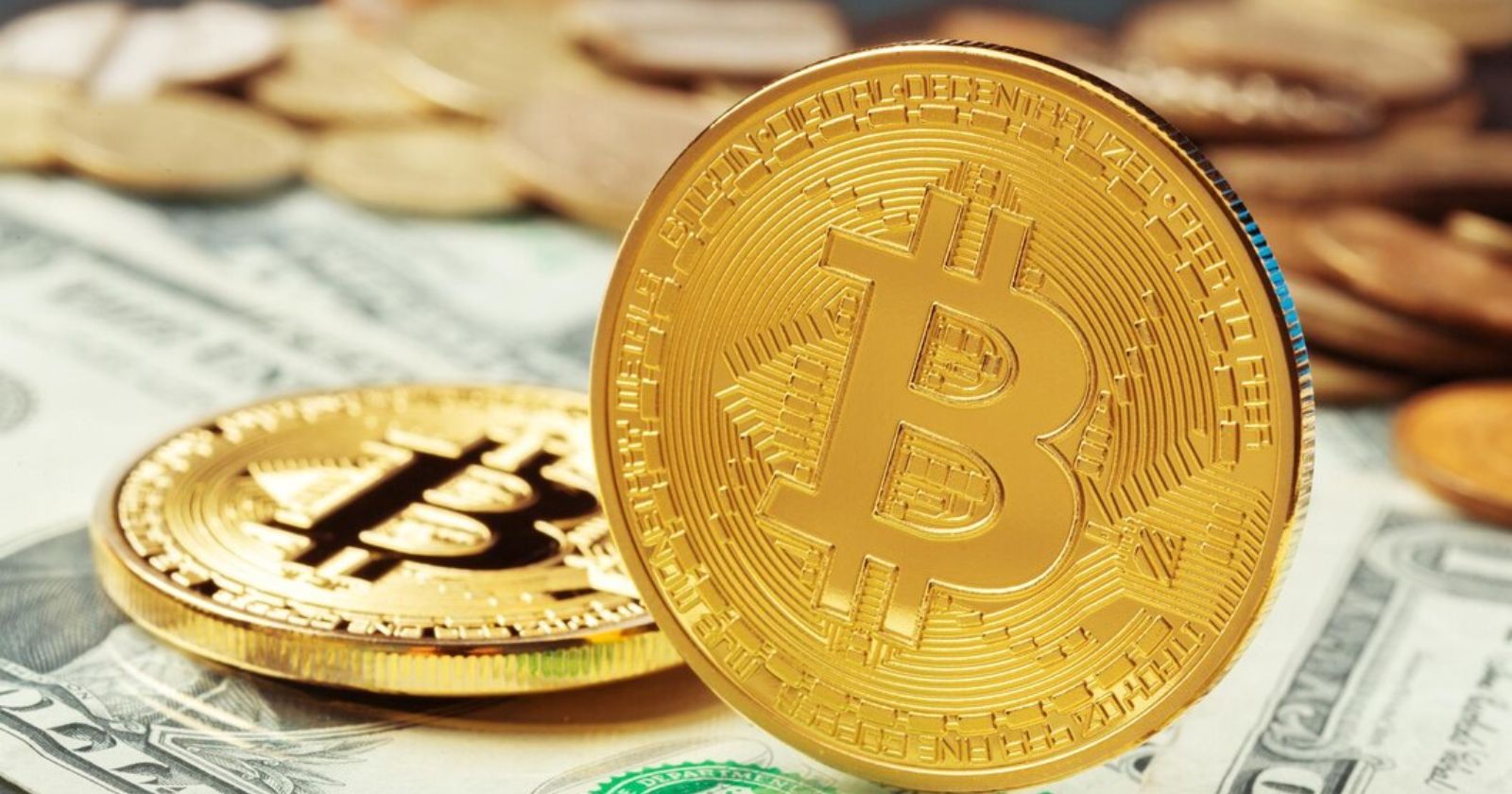The Role of Tokens in Blockchain Ecosystems: A Developer's Perspective

In the ever-expanding realm of blockchain technology, tokens play a central and transformative role. These digital assets, created on the blockchain, are not just units of value; they are the very building blocks of decentralized ecosystems. From cryptocurrencies to non-fungible tokens (NFTs) and security tokens, tokens are the lifeblood of blockchain networks, enabling innovation and reshaping industries. In this blog, we'll delve into the role of tokens in blockchain ecosystems, exploring it from a developer's perspective.
Tokens: The Cornerstone of Blockchain Networks
Tokens are to blockchain what bricks are to a building—they are the fundamental elements upon which the entire structure is built. From a developer's viewpoint, tokens serve as the code representations of value, ownership, and utility. Here's why they are indispensable:
Value Transfer: Cryptocurrencies, such as Bitcoin and Ethereum, are tokens that enable peer-to-peer value transfer. Developers are responsible for maintaining the code that ensures the secure and efficient movement of these tokens.
Digital Ownership: NFTs, a special type of token, represent ownership of unique digital or physical assets, such as art, collectibles, or virtual real estate. Developers create the smart contracts that underpin these tokens, defining their uniqueness and ownership rules.
Ecosystem Utility: Many blockchain projects rely on utility tokens to access and utilize specific features or services within their ecosystem. As a developer, you design and implement the functionalities that these tokens unlock.
Governance: Some blockchain networks employ governance tokens that grant holders the right to participate in decision-making processes. Developers create the mechanisms for token holders to propose and vote on changes to the network.
Developing Tokens: The Craftsmanship of Digital Assets
Creating tokens involves a combination of technology, cryptography, and economic principles. Developers must consider various aspects:
Token Standards: Token standards, like ERC-20, ERC-721, and others, define the rules and interfaces that tokens must follow to be compatible with existing blockchain infrastructure. Developers need to adhere to these standards when creating tokens.
Smart Contracts: Tokens are often implemented as smart contracts on blockchain platforms. Developers write the code that governs the behavior of these contracts, including functions for minting, transferring, and burning tokens.
Security: Security is paramount in token development. Developers must write code that is resistant to vulnerabilities and attacks. Regular audits and testing are essential to ensure the token's integrity.
Scalability: As blockchain networks grow, the demand for tokens can increase significantly. Developers need to design tokens and smart contracts that can scale efficiently to accommodate this growth.
Tokens and Decentralized Applications (dApps)
Tokens and decentralized applications go hand in hand. Developers often create tokens as an integral part of dApps, enabling users to interact with the application and each other in unique ways. For example:
DeFi (Decentralized Finance) dApps: These applications use tokens for lending, borrowing, trading, and earning interest. Developers build the financial infrastructure on which these transactions occur.
Gaming dApps: Tokens, often NFTs, are used to represent in-game assets. Developers create the gaming mechanics that integrate these tokens, allowing players to buy, sell, and trade digital assets.
Supply Chain dApps: Tokens can be used to track the provenance and authenticity of physical products, enabling consumers to verify the origin of a product by scanning a QR code on their phone. Developers ensure the data is securely stored on the blockchain and accessible to consumers.
Conclusion
Tokens are more than just digital currencies; they are the threads that weave the fabric of blockchain ecosystems. From Bitcoin's transformative impact on finance to NFTs redefining the art and collectibles market, tokens are catalysts of change. For developers, tokens represent a world of innovation and creativity, where code can redefine ownership, value exchange, and user experiences. As the blockchain space continues to evolve, the role of tokens will only become more integral, making them a captivating domain for developers seeking to shape the future of technology and finance.


